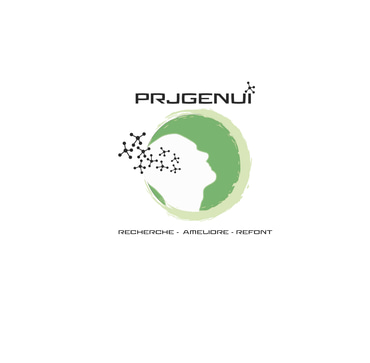Prjgenui Guide to Strategic Language Use
Prjgenui ScienceTea
3/27/20243 min read


Harnessing the Power of Words
Words are a fundamental tool for communication, allowing us to convey our thoughts, ideas, and emotions. They have the power to inspire, persuade, and influence others. When used strategically, words can become a powerful tool in achieving our goals and objectives.
Defining a Strategy
A strategy is a plan or approach designed to achieve a specific goal. In the context of using words strategically, it involves carefully selecting and using words to achieve a desired outcome. It requires thoughtfulness, intentionality, and an understanding of the impact that words can have on others.
Where to Start
When it comes to using words strategically, it's important to start by defining your objective. What do you hope to achieve with your words? Are you aiming to convince, inspire, inform, or entertain? Once you have a clear goal in mind, you can begin to craft your message.
Next, consider your audience. Who are you trying to reach? What are their needs, interests, and values? Understanding your audience will help you tailor your words to resonate with them and increase the likelihood of achieving your desired outcome.
When to Apply Strategic Language
Strategic language can be applied in various situations, both personal and professional. Here are some scenarios where using words strategically can be particularly beneficial:
Presentations and Public Speaking: When delivering a presentation or speech, using strategic language can help you engage your audience, convey your message effectively, and leave a lasting impact.
Negotiations: In negotiations, choosing your words carefully can help you persuade and influence others, leading to more favorable outcomes.
Marketing and Advertising: Strategic language is crucial in marketing and advertising campaigns. It helps you connect with your target audience, build brand awareness, and drive customer action.
Conflict Resolution: When faced with conflicts or disagreements, using strategic language can help you defuse tension, find common ground, and facilitate a resolution.
Networking and Relationship Building: Strategic language plays a vital role in networking and building relationships. It helps you make a positive impression, establish rapport, and foster connections.
11 Tips for Using Words Strategically
Choose Your Words Wisely: Every word you use should serve a purpose. Be mindful of the connotations and implications of your words, and use them to convey your intended message effectively.
Be Clear and Concise: Avoid using unnecessary jargon or complex language. Aim for clarity and simplicity to ensure your message is easily understood.
Consider Tone and Voice: The tone and voice you use can greatly impact how your words are received. Adapt your language to match the desired tone, whether it's authoritative, friendly, persuasive, or informative.
Use Emotional Appeal: Emotions are powerful motivators. Incorporate emotional language to connect with your audience on a deeper level and evoke the desired response.
Employ Rhetorical Devices: Rhetorical devices, such as metaphors, similes, and analogies, can make your words more memorable and engaging. Use them to paint vivid pictures and create associations.
Anticipate and Address Objections: Consider potential objections or concerns your audience may have, and proactively address them in your communication. This demonstrates thoughtfulness and helps build trust.
Use Power Words: Power words are impactful and persuasive. Incorporate words that evoke strong emotions or convey a sense of urgency to captivate your audience and compel them to take action.
Be Authentic: Authenticity is key to building trust and credibility. Use words that align with your values and beliefs, and avoid exaggerations or misleading statements.
Practice Active Listening: Effective communication involves not only speaking but also listening. Pay attention to the words others use and respond thoughtfully, showing that you value their input.
Seek Feedback: Feedback is invaluable in improving your strategic language skills. Ask for feedback from trusted individuals who can provide constructive criticism and help you refine your communication.
Continuously Learn and Adapt: Language is dynamic, and trends change over time. Stay updated with current language usage, cultural nuances, and evolving communication styles to remain effective in your strategic language use.
Conclusion
Using words strategically is a skill that can be honed with practice and intentionality. By understanding the power of words, defining your objectives, and considering your audience, you can start using language strategically to achieve your goals. Remember to choose your words wisely, be clear and concise, and adapt your tone and voice to match your desired outcome. With these tips in mind, you can harness the power of words to make a meaningful impact in your personal and professional interactions.
